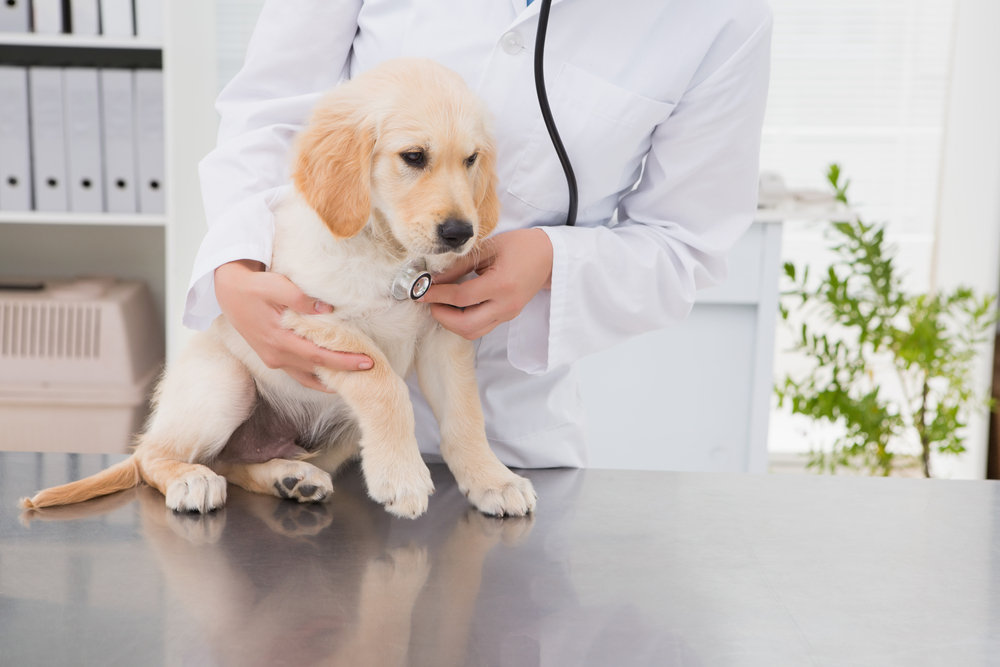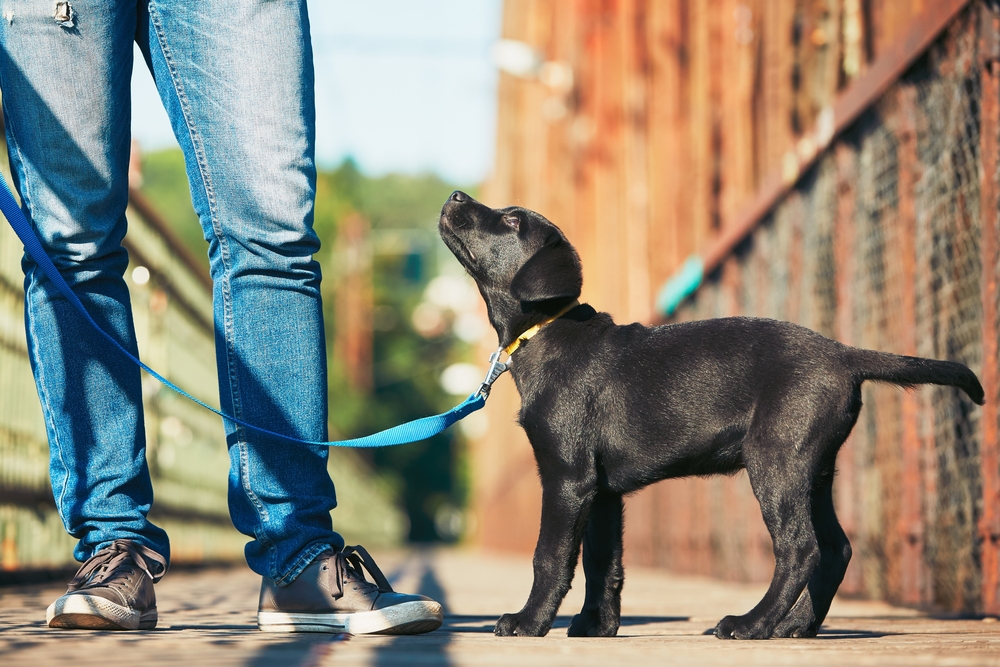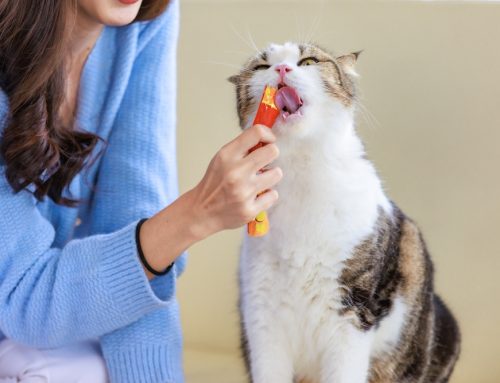Your puppy’s first 12 months are a whirlwind of learning and growing. Make the most of their first year by taking strategic steps to ensure they have a long, healthy, and happy life.
The five building blocks below can form a strong foundation for lifelong canine wellness. When you prioritize these key areas, you’ll see your new puppy go from wide-eyed wonder to a confident and capable companion.
Your puppy’s health and wellness
Your puppy’s lifelong health begins at Neighborhood Veterinary Centers of Calder with regular puppy visits that will be invaluable for ensuring their present health and protecting them against future threats. Puppy visit benefits include:
- Vaccination — Vaccines train your puppy’s immune system and protect them against life-threatening viruses, including parvovirus and distemper.
- Nutritional guidance — Appropriate and balanced nutrition is essential for proper growth and development.
- Parasite screening and prevention — Parasites can seriously threaten your puppy’s health, so we will deworm them and start them on a year-round flea, tick, and heartworm prevention regimen.
- Congenital health assessment — Detecting inherited conditions early can allow for corrective treatment when the best income is likely.
- Behavior and training advice — We’ll help you troubleshoot common puppy-raising challenges.

Your puppy’s expanding mind
Your puppy is constantly learning from their environment, so ensuring they get all the right messages is essential. Find a certified positive reinforcement trainer who specializes in puppy training and basic life skills and who, along with your puppy’s Neighborhood Veterinary Centers veterinarian, will be an enormous resource who can coach you through common puppy and adolescent dog challenges, which include:
- Potty training
- Crate training and how to be comfortable alone
- Loose leash walking
- Basic manners and obedience
- Confidence around new people, dogs, and situations
- Nuisance behavior solutions (e.g., chewing, barking, nipping, jumping up, stealing food)
Your puppy’s nutritional needs
Proper nutrition is key to healthy brain and body development. Unfortunately, rampant misinformation and glossy marketing campaigns can lead well-intentioned puppy owners down a problematic path, resulting in nutritional deficiencies and orthopedic problems.
Your puppy’s Neighborhood Veterinary Centers of Calder veterinarian will recommend a diet tailored to your puppy’s present health, breed, and expected adult size. They’ll also help you determine how much to feed your puppy as they grow, to ensure your puppy maintains a lean, healthy weight through every growth spurt.
Your puppy’s exercise regimen
Physical activity has total body benefits that range from muscle strength and coordination to healthy endorphin release and better behavior. However, excessive or inappropriate activity can permanently damage your puppy’s growth plates and soft tissues.
Throughout your puppy’s first year, your Neighborhood Veterinary Centers of Calder veterinarian can provide customized exercise guidelines, including how much exercise is safe for your puppy’s age and breed. During exercise, be attentive to your puppy’s limitations and look for fatigue signs, including excessive panting, lying down, wandering away, or loss of coordination—ideally, you want to end the exercise or play session before these signs appear. Avoid high-impact activities, such as fetching a moving toy, jogging, rough play, and repetitive jumping, until your puppy’s growth plates are closed.
Your puppy and the world
Successful socialization (i.e., introducing the world to your puppy in small, controlled situations) equips your puppy to handle unfamiliar situations and stimuli in a calm and neutral manner. Successful socialization not only helps your puppy become a well-adjusted canine companion, but also keeps them safe by helping them avoid panicked reactions (e.g., fleeing, biting).
By the time your puppy is 12 months old, they should have a positive history with most common everyday situations and stimuli, including:
- Veterinary care — This includes body handling, restraint, and basic care tasks (e.g., grooming, toothbrushing, nail trimming). Introduce your puppy to these tasks by touching their feet, looking in their ears, and opening their mouth, and then rewarding them for their cooperation.
- People — They should be comfortable around children, teenagers, adults, and seniors, as well as people in various clothing. Encourage your puppy to approach people of different ages and appearances, and allow people to reward them with treats, so they form a positive association with meeting new people.
- Pets — Introduce your puppy only to vaccinated and familiar adult pets. Puppy training classes are a great way to meet other pets in a controlled environment, since vaccinations are typically required.
- Visual stimuli — They should become familiar with construction sites, car washes, moving toys, and yard decorations. Walk your puppy in various locations, offering them treats when you pass noisy, busy, or novel places.
- Experiences — Teach them to ride in elevators and cars, and to walk on unfamiliar surfaces and substrates. Pair these experiences with a positive reward, such as a favorite treat, to help them form positive associations.
- Loud or sudden sounds — They should learn that they need not be afraid of thunder, trash trucks, hair dryers, and distant fireworks. Expose your puppy to these noises at a low level, and reward them with attention and treats as you gradually increase the noise level.
To ensure successful socialization, progress at your puppy’s pace and pay attention to stress signs. Break big challenges into smaller experiences and always reduce the intensity (e.g. volume, proximity, duration) to the lowest possible level when introducing something new.
In what simultaneously feels like the blink of an eye and a never-ending journey, your furry bundle of joy will transform into a fully grown friend. And, at every milestone—including every puddle and chewed shoe—your southeast Texas neighbors at Neighborhood Veterinary Centers of Calder are available for support, encouragement, and unparalleled veterinary care. Contact our team to schedule your puppy’s visit.






Leave A Comment